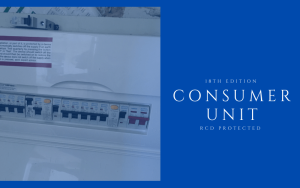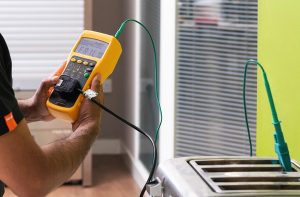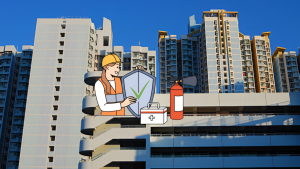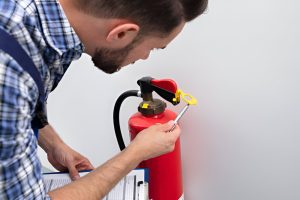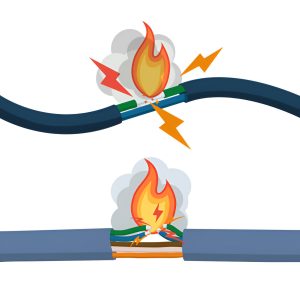Securing a gas and electric safety certificate might seem like navigating a labyrinth of regulations and requirements, but fear not, as I have distilled the process into manageable steps.
From understanding the significance of these certificates to the intricate details of inspections and renewals, I will guide you through the essential strategies for ensuring your property meets safety standards effectively and efficiently.
Stay tuned to uncover the crucial insights that will help you navigate the realm of gas and electric safety certifications with confidence.
Understanding Safety Certificate Importance
Understanding the significance of gas and electrical safety certificates is crucial for landlords to ensure the well-being and security of their tenants.

Tenant education plays a vital role in promoting safety awareness regarding gas and electrical systems.
Landlord responsibilities include conducting regular safety inspections to identify and address potential hazards promptly.
The inspection process involves thorough evaluations by qualified professionals to guarantee the proper functioning of gas appliances and electrical systems.
Preventive maintenance is key to reducing the risks associated with faulty installations and ensuring the longevity of these systems.
Landlords’ Legal Obligations
Landlords must strictly adhere to legal obligations regarding gas and electrical safety certificates to ensure compliance with regulations and safeguard the well-being of tenants. Tenant protection is paramount, and landlords have a legal responsibility to meet safety compliance standards. This includes adhering to specific legal requirements for obtaining and providing safety certificates to tenants.
Failure to comply can result in financial and legal consequences, impacting both the landlord and the tenants. Safety compliance involves conducting thorough inspection processes to assess the gas and electrical systems within the property. By fulfilling their landlord responsibilities, landlords not only meet legal requirements but also contribute to the overall protection and well-being of their tenants.
It’s crucial to understand the inspection process, the importance of maintaining safety standards, and the significance of timely renewal of safety certificates to ensure the efficiency and security of gas and electrical installations.
Conducting Gas Safety Checks
To ensure the safety and compliance of gas systems in rental properties, conducting annual gas safety checks by Gas Safe engineers is a critical step for landlords.
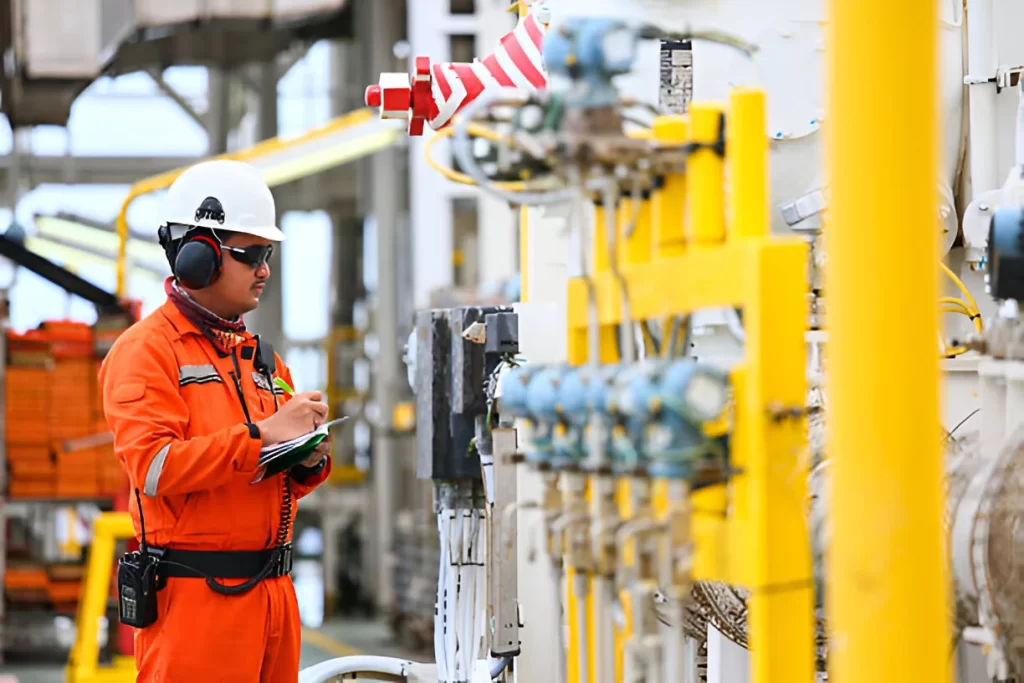
These qualified engineers follow a meticulous gas safety check process that involves a thorough inspection of pipework and gas appliances. The inspection checklist includes checking for gas leaks, ensuring proper ventilation, and evaluating the condition of appliances. Any issues identified during the inspection must be promptly addressed to maintain the efficiency and safety of the gas installations.
Upon successful completion of the gas safety check, landlords receive a Gas Safety Certificate. This certificate is valid for one year and serves as proof that the gas systems in the property meet safety standards. It’s essential to renew this certificate annually to ensure ongoing compliance with regulations and to safeguard the well-being of tenants. Failure to renew the Gas Safety Certificate can lead to severe consequences, including invalid insurance coverage and potential legal repercussions.
Electrical Safety Inspection Details
During electrical safety inspections, certified electricians meticulously examine the condition of electrical systems to identify any potential issues or risks. The inspection process typically involves a comprehensive assessment of the wiring, circuits, switches, outlets, and electrical panels to ensure they meet safety standards and compliance regulations.
Common issues that are often flagged during these inspections include overloaded circuits, faulty wiring, outdated systems, and inadequate grounding. Certified electricians also look for signs of electrical hazards such as exposed wires, water damage, and overheating components. To mitigate these risks, preventative measures like installing surge protectors, updating wiring, and fixing faulty connections are recommended.
Certification requirements mandate that landlords provide an Electrical Installation Condition Report (EICR) every 5 years or at the start of a new tenancy. This ensures the security of electrical installations and maintains safety standards for tenants. Landlords hold the responsibility to prioritize these inspections to safeguard tenant safety and comply with legal obligations. The importance of these inspections can’t be overstated, as they play a crucial role in preventing electrical accidents and ensuring the well-being of occupants.
Certification Renewal Procedures
When considering the renewal procedures for certifications related to gas and electrical safety in rental properties, it’s essential to be proactive and adhere to the specified timelines. Renewal reminders play a crucial role in ensuring continuous compliance with safety regulations.
The certification process involves scheduling annual gas safety inspections conducted by Gas Safe engineers, evaluating pipework, and gas appliances to guarantee efficiency and safety. Similarly, Electrical Installation Condition Reports (EICR) must be completed every five years to identify potential issues in electrical systems, ensuring the security of installations.
Compliance requirements dictate the renewal of Gas Safety Certificates yearly and EICRs at least every five years or when a new tenancy begins. Following safety protocol and inspection guidelines is paramount to maintaining the safety standards of gas and electrical systems within rental properties.
Failure to comply with renewal procedures can result in severe consequences, impacting insurance validity and potentially leading to prosecution for non-compliance.
Penalties for Non-Compliance
Moving from the discussion on certification renewal procedures, the focus now shifts to the potential repercussions faced by landlords who fail to comply with gas and electrical safety requirements in rental properties.

Non-compliance carries severe financial implications as fines can be substantial. Legal consequences are equally significant, including the possibility of prosecution and damage to landlords’ reputations. Moreover, failure to adhere to safety standards can invalidate insurance policies, leaving landlords liable for any damages or accidents.
Beyond the financial and legal aspects, non-compliance jeopardizes tenant protection. Safety risks increase when gas and electrical systems aren’t regularly inspected and certified. Landlords have a duty of care to ensure the safety of their tenants, and failing to meet these obligations can result in serious consequences.
Maintaining Efficient Safety Standards
To maintain efficient safety standards in rental properties, regular gas safety checks and electrical inspections are crucial. Ensuring compliance with safety protocols is paramount in enhancing safety for tenants. Efficient maintenance of gas and electrical systems is achieved through a meticulous certification process that involves annual gas safety inspections by Gas Safe engineers and Electrical Installation Condition Reports (EICR) conducted by certified electricians every five years.
These inspections evaluate the working order of pipework, gas appliances, and electrical systems, identifying any issues or risks that could compromise the safety of the property. By adhering to these safety standards, landlords not only fulfill their legal obligations but also protect the well-being of their tenants and property. Failure to renew safety certificates can have severe consequences, including invalid insurance coverage and potential prosecution for non-compliance. Therefore, staying proactive in maintaining safety standards through regular inspections is essential for the overall security and compliance of rental properties.
Frequently Asked Questions
Can a Landlord Conduct Gas and Electrical Safety Checks Themselves, or Is It Required to Hire a Professional for These Inspections?
I must hire professionals for gas and electrical safety checks as a landlord. DIY inspections aren’t sufficient due to legal requirements, tenant safety, and professional standards. Notification to tenants and compliance with regulations are essential.
Are There Any Specific Requirements or Regulations for Where the Gas and Electrical Safety Certificates Should Be Displayed Within the Rental Property?
As a landlord, it’s crucial to abide by display regulations for gas and electrical safety certificates. Failure to comply not only risks tenant well-being but also legal repercussions. Prompt response to emergency requests is vital.
What Are Some Common Issues or Problems That Could Lead to a Failed Gas or Electrical Safety Inspection, and How Can Landlords Address These Issues?
To ensure a successful gas or electrical safety inspection, landlords must prioritize maintenance, address safety hazards promptly, follow an inspection checklist diligently, educate tenants on safety practices, and establish clear emergency protocols for swift action.
Is It Possible for a Landlord to Request an Expedited Gas or Electrical Safety Inspection in Case of an Emergency or Urgent Situation?
In emergency situations, landlords can request expedited inspections for urgent safety concerns. It’s essential for landlord responsibilities to ensure timely safety certificates. Communicating the urgency with certified professionals can expedite the process and address critical issues promptly.
Are There Any Additional Safety Measures or Precautions That Landlords Can Take Beyond the Requirements of Gas and Electrical Safety Certificates to Ensure the Well-Being of Their Tenants?
To ensure tenant well-being, beyond safety certificates, I prioritize regular maintenance, educate tenants on safety, equip for emergencies, seek professional advice for enhancements. These measures go beyond requirements for a safer rental environment.
Conclusion
In conclusion, obtaining gas and electrical safety certificates is essential for landlords to ensure the safety and well-being of their tenants. By adhering to legal obligations and conducting regular inspections, landlords can minimize risks associated with faulty installations and protect both their tenants and property.
It’s crucial to maintain efficient safety standards through certification renewal procedures to avoid penalties for non-compliance. Overall, prioritizing safety checks is paramount in maintaining a safe and compliant rental property.



